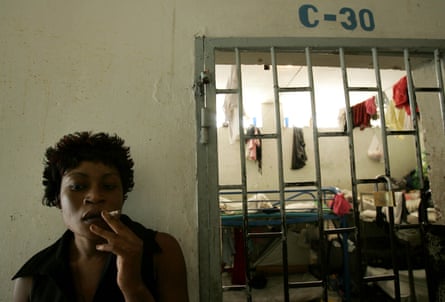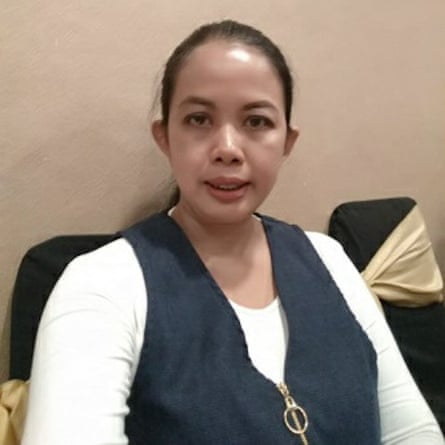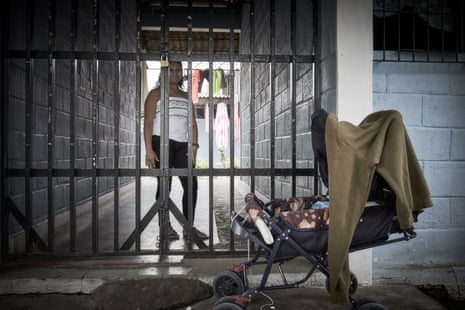The number of women being jailed globally has increased by more than 100,000 in the past decade, despite international rules aimed at reducing the female prison population.
New data released by Penal Reform International around the 10th anniversary of the “Bangkok Rules” adopted by the UN show there are now 741,000 women and girls in prison.
“The number of women in prison globally is climbing at an alarming rate – even though they are typically convicted of low-level, nonviolent crime,” said Olivia Rope, executive director of Penal Reform International.
The organisation’s research highlights a lack of progress, with women unduly imprisoned in numerous countries.
More than 80 organisations have signed a call to action for governments to fully implement the rules and review policies to reduce the number of women behind bars.
“Shocking systemic cases of human rights violations, including violence and mistreatment, persist worldwide,” said Rope. “Many women are deprived of essential health and rehabilitation services and face physical or sexual violence in prison.”
The Bangkok Rules were implemented to reduce the imprisonment of women by promoting noncustodial alternatives and addressing the causes of their offending. Yet over the past decade in every region except Europe, the numbers have risen.
Restrictions relating to the pandemic have further impinged on women’s rights and access to justice.
The suspension of visits in most prisons has prevented families from providing essential items, such as sanitary products, and supplemental food to provide adequate nutrition for pregnant women and breastfeeding mothers.
“Covid-19 measures have had a devastating impact on women in prison, with many denied any contact with their children or excluded from emergency release programmes,” said Rope.
The call to action highlights that many women – who represent between 2% and 9% of national prison populations – are imprisoned as a result of discrimination or crimes committed in poverty. Women are also disproportionately affected by punitive drug policies, with 35% in prison for drug-related offences compared with 19% of men.

Gaby, who is from Mexico and grew up in a rural town blighted by the marijuana industry, was arrested for drug trafficking in 2012 and sentenced to 10 years in prison, despite having clear vulnerabilities.
She was 12 when her father, who had emigrated, stopped sending money. She began transporting marijuana to Mexico City and was a victim of sexual violence, resulting in the birth of her first baby when she was 15.
Following an abusive relationship she had a second child who was born with cerebral palsy, requiring lifelong care. Gaby, who was released in 2019, had asked the judge whether she could accompany her son to medical appointments and then return to prison. But her request was denied, meaning she had to make the heartbreaking decision to send him to a public institution to receive vital medical care.
“A high proportion of women in prison have a history of abuse and violence, increasing the risk of mental health issues,” said Anand Grover, a member of the global commission on drug policy and former UN special rapporteur on the right to health.
“Women’s specific needs are often ignored, revealing that gender inequality does not stop at the prison doors.”

Former prisoner Rosma Karlina, 43, from West Java in Indonesia, said: “Prison clearly doesn’t provide a deterrence for people who use drugs. Inside, I accessed and used drugs without any fear of being caught. I didn’t learn anything there.”
Karlina, who since her release has helped more than 40 women with their drug addictions, was arrested for possession of heroin in 2008.
She spent more than three years in a severely overcrowded prison with 90 people sleeping in rooms designed for 45. She recalled: “Many female inmates were taken advantage of by the male inmates or prison guards. People were getting sick and dying due to [poor] health services.”
Ban Ki-moon, former secretary-general of the UN who helped steer the adoption of the Bangkok Rules when in post, said: “The rules promote alternatives to imprisonment for women, particularly in light of the health risks posed by Covid-19, governments must do more to make sure imprisonment is used as a last resort.”
